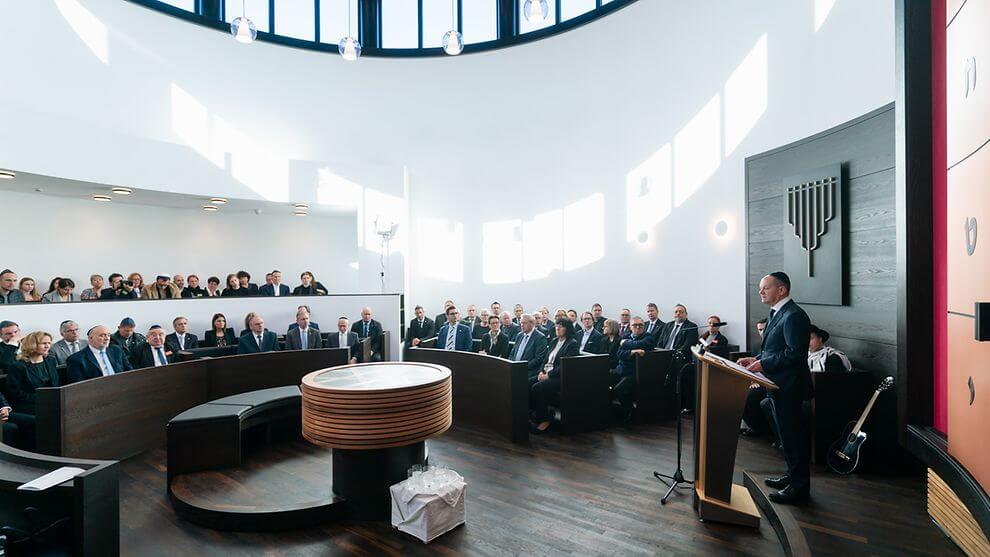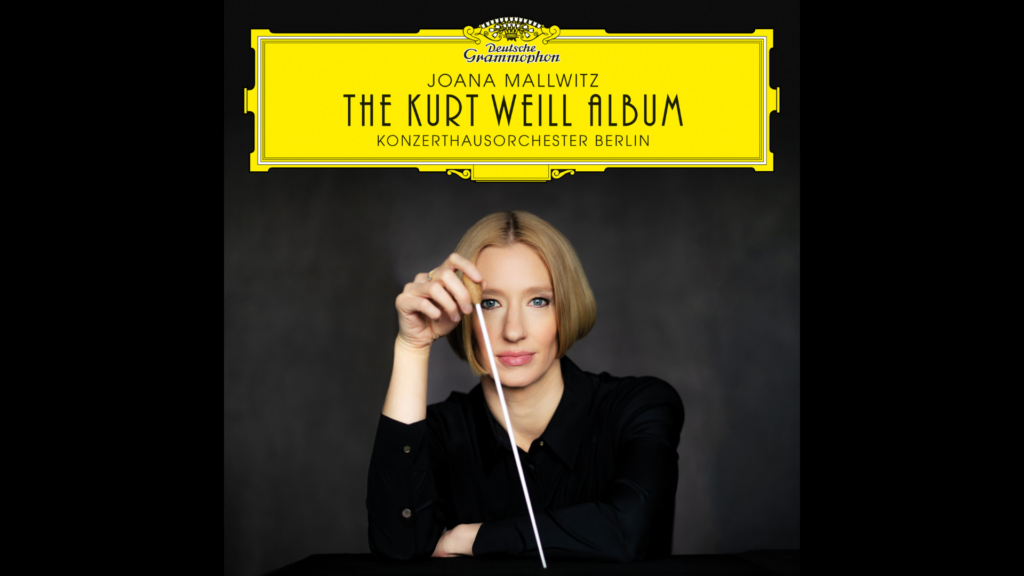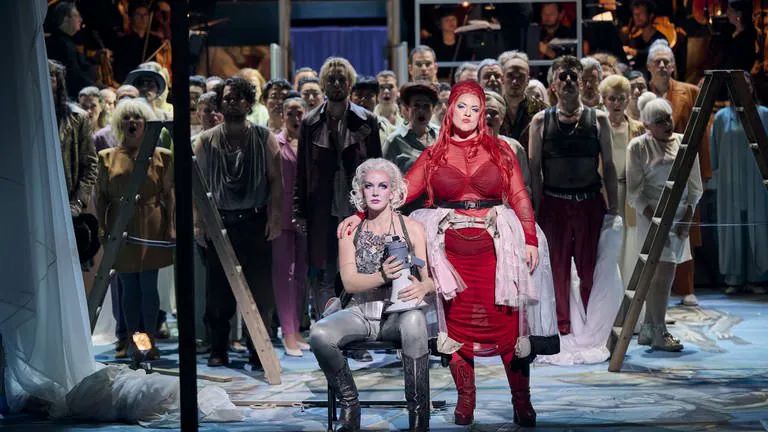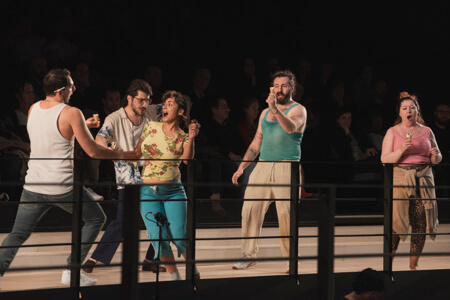
German Chancellor Scholz Speaks at
New Weill Synagogue Dedication
|
German Chancellor Olaf Scholz speaking in the sanctuary of the newly dedicated Weill Synagogue in Dessau-Roßlau. Photo: Federal Government/Henning Schacht. |
On 22 October the Weill family name was drawn again into dramatic events in a dangerous world. For almost a decade, the city of Dessau-Roßlau has been the locus of a collaboration to build one of the first new synagogues in Germany since reunification. In that Dessau was Kurt Weill’s hometown, the local Kurt Weill Gesellschaft has been at the forefront of this effort, inspiring the naming of the new house of worship for Weill’s father Albert in recognition of his service as cantor of the city’s Jewish community for more than two decades at the beginning of the twentieth century. The long-planned dedication, occurring at a moment of terror in the Middle East and rising antisemitic actions and rhetoric more broadly, served as a platform for German Chancellor Olaf Scholz and other politicians to reaffirm their commitment to “fight for a better, more humane and more enlightened society.” Speaking in the spare, intimate setting of the newly completed sanctuary, Scholz declared: “It deeply appalls me to see how antisemitic hatred and inhuman agitation are taking root, in the very country where the crime against humanity of the Shoah began…. Silence is inappropriate, if Jewish people are not safe on our streets. Now it must become clear what ‘Never again’ means!” |
|
Albert Weill Kurt Weill’s family traced its lineage back several centuries, an ancestry rich on both sides in distinguished rabbis. His father Albert chose a cantorial path. Soon after his marriage to Emma Ackermann in 1897 he accepted a position in Dessau. The 1908 service dedicating the community’s impressive new synagogue represented one of the high points of his tenure. Though his compositional career was of a much humbler and more circumscribed character than that of his world-famous son, Albert did publish some music for use in the context of Jewish worship; for instance Kol Avraham: Synagogen-Gesänge für Cantor und Männerchor (“The Voice of Abraham: Synagogue Songs for Cantor and Male Chorus”). |
Kurt Weill’s Jewish-Themed Works Although Kurt moved away from observant Jewish practice early in his life, he expressed some connection to Judaic culture through a number of his works. It was his role as composer for Max Reinhardt’s operatic pageant spectacle The Eternal Road that brought him to the United States in 1935. Originally titled Der Weg der Verheißung, the work served also as the source for musical excerpts in two subsequent pageants organized by Ben Hecht, We Will Never Die and A Flag is Born. (Performable versions of music from Der Weg now exist in oratorio form as The Road of Promise and Propheten.) Kurt dedicated to Albert his 1946 setting of the Kiddush, a ceremonial prayer for the blessing of wine. He created an orchestral arrangement of the Israeli national anthem, Hatikvah, commissioned by the American Committee for the Weitzmann Institute of Science and premiered by the Boston Symphony Orchestra under Serge Koussevitzky in 1947. |
Dessau-Roßlau Synagogue |
|
2023 Kurt Weill Prize |
|
|
|
|
|
|
|
|







